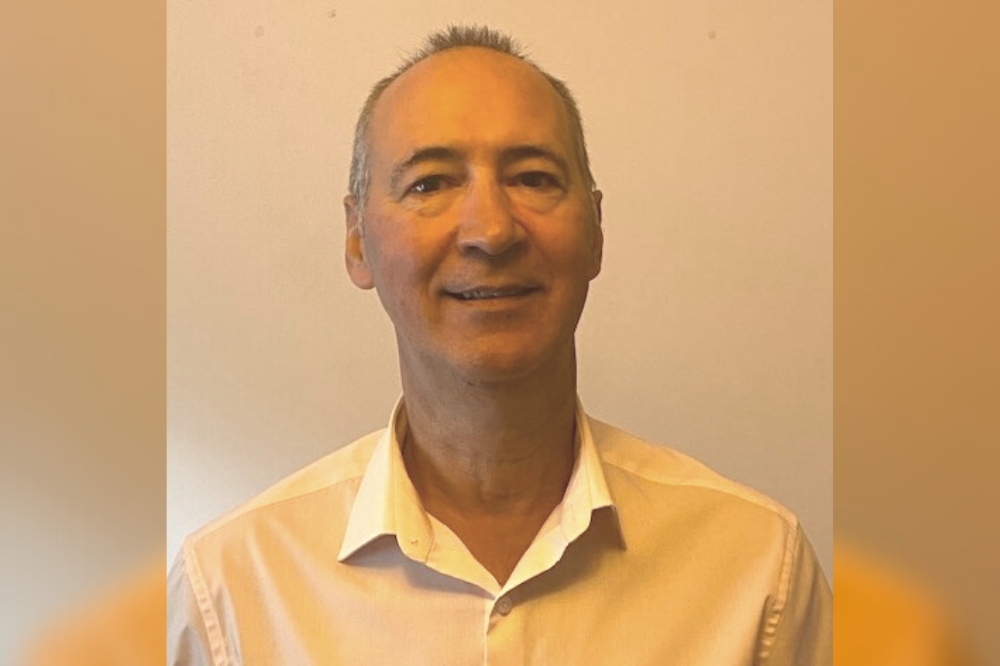

The Chartered Insurance Institute (CII) recently published a guide on closing the gap between what customers expect from insurance services and what can be delivered. At a webinar discussing this issue, the MD of Fairer Finance James Daley highlighted the need for insurance providers to familiarise themselves with the journey that their customer undertakes.
Considering the customer journey requires insurance businesses to start considering their customers as individuals who have unique needs and who require a bespoke service. The fact is that very few businesses are entirely alike, according to Jamie Lewis (pictured above), MD of City Underwriters, yet the premise behind standard package covers works on the basis that they are, and their needs are the same.
“Yes many of the needs will be similar for say a retailer or a certain type of manufacturer but there will always be differences, be they locational, premises construction, different types of suppliers, different business and operating models etc,” he said. “What then happens is that providers build their products as standard and then put endorsements and warranties on to try and shoe-horn the client’s needs into this product.”
Clients are also becoming more discerning and knowledgeable, noted Lewis. They have seen the financial fallout from the pandemic and examples of where cover is not adequate. Therefore, they want good quality advice from their broker and a level of cover that meets their requirements. Bespoke underwriting helps fulfil this need.
Kevan Aubrey (pictured below), wholesale sales and distribution director at City Underwriters and Policyfast, highlighted that broker feedback has shown a polarisation of service between those that are responding very well in the current difficult conditions and those that are not. In addition, he said, many of those that are not do not appear to be making great headway.

“We are also beginning to see signs that insurer markets and capacity are tightening up on underwriting and terms which, along with pricing increases, adds to the difficulty,” he said. “We all know there is no such thing as a ‘standard client’, so a broker having the opportunity to speak to an empowered underwriter, discuss the client’s needs and ‘tell the story’ - it allows both parties to work more collaboratively to fulfil the clients’ specific needs.”
“These days there are not many providers who wish to offer these kind of bespoke services in the sub £10,000 premium space, and this is because they are heavily reliant on what their systems say and they do not want underwriters to override what their algorithms are telling them. It tends to be the smaller and more nimble MGAs who are able to offer this kind of bespoke service.”
The range of products offered by Jensten Group covers the full spectrum from more straightforward products to the highly specialised Lloyd’s and London market, Lewis said, and the coverage provided by City Underwriters falls somewhere in the middle. The business specialises in commercial premiums above £1,000, where its experienced underwriters can spend time giving brokers a personalised and attentive service in a bid to ensure that all their clients’ needs are met.
“The market more broadly seems to be moving away from bespoke service in this space,” he said, “so the team at City Underwriters see this as an area to capitalise on as there is a genuine need from both clients and brokers alike.”
Aubrey highlighted that when bespoke services are not made available to the clients looking to purchase them then the cover offered simply may not adequately provide them with the financial protection they need. This could then lead to customers becoming more and more disenfranchised with the products being offered and with the industry more generally.
“For this group of customers,” he said, “they will see an industry create production line products and place a value against these accordingly. Pushing such a fundamental business protection tool as insurance into a price-driven, commoditised product is a dangerous spiral indeed.”
Being able to offer their clients a full range of the insurance services available is the sweet spot of what a good broker does, Aubrey said. The reason why direct writers have been able to target motor and household products is that they tend to be very homogenous and direct writers have been able to bypass the broker.
“The broker is at their best when they are offering advice and personal service to their client and this has never been so important as now in the current climate, where customers are definitely seeing the real value in having a professional, quality broker as their trusted partner,” he said. “Some of the direct writers have cut the broker out, but in doing so they miss out on that sound advice and are generally limited to standard, one-size-fits-all-products. Unfortunately, it is when there is a claim that the client realises the cheaper, standardised product does not suit their needs.”
